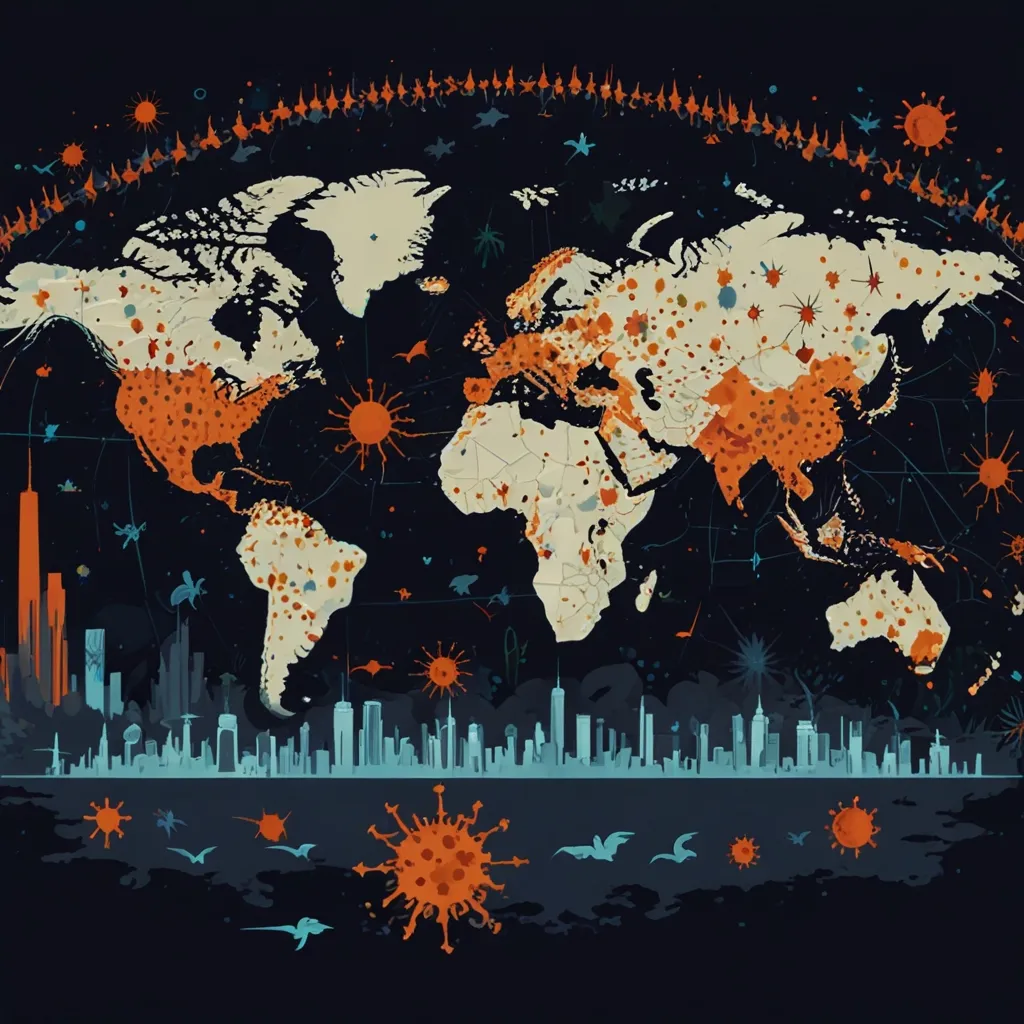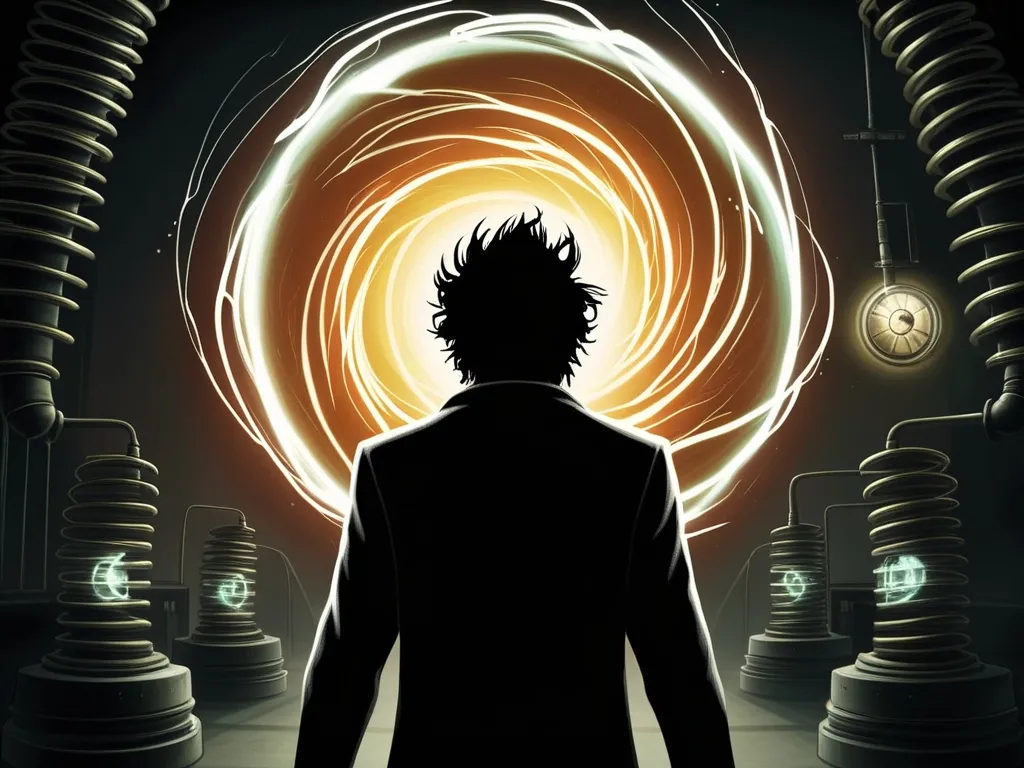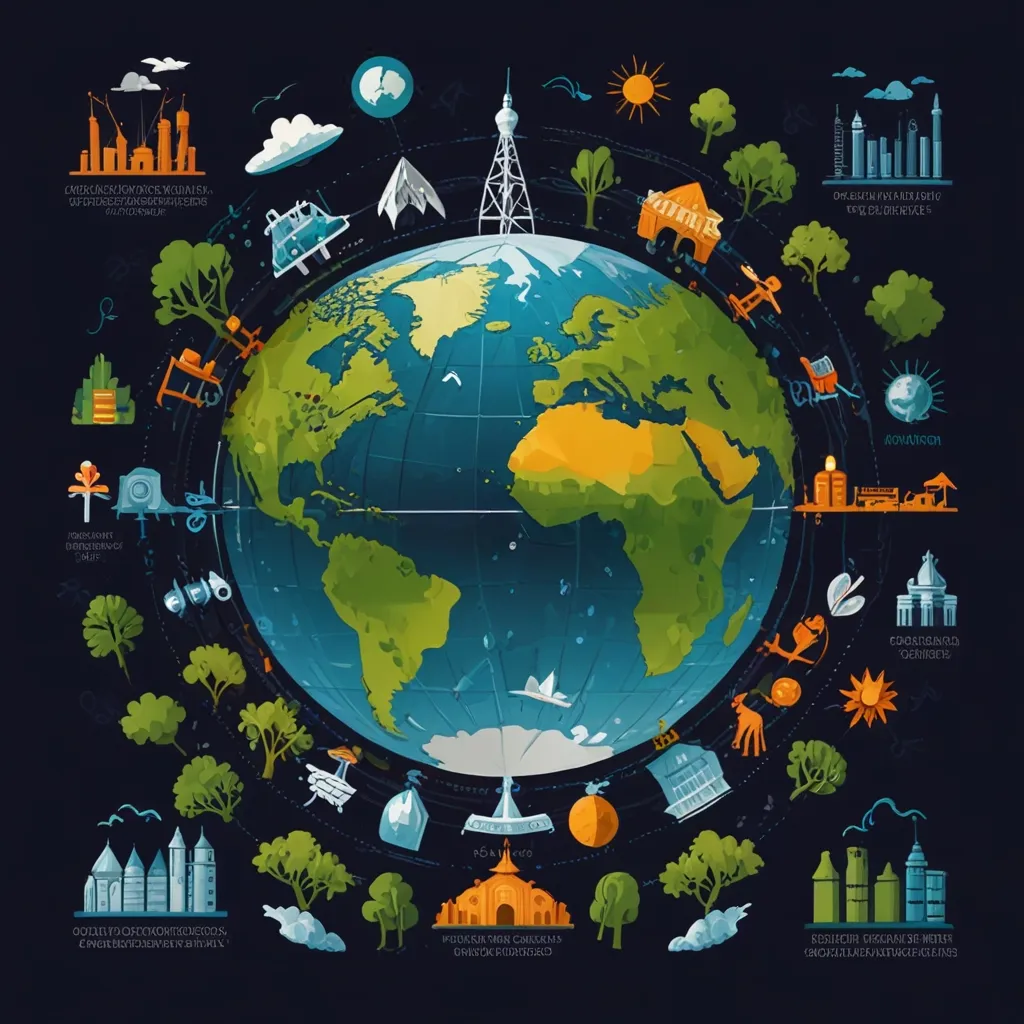The COVID-19 pandemic—yeah, it’s turned the world upside down. We’ve all felt its impact in some way or another. This virus, SARS-CoV-2, has been at the center of a whirlwind, causing illness and death on an overwhelming scale. And the big question everyone’s been asking: Where did it even come from?
Many experts think that the virus jumped to humans from animals, probably bats. Bats are known to harbor tons of coronaviruses, so it makes sense. We’ve seen this before with the SARS outbreak in 2003, which also traced back to bats. Maybe this pandemic went down a similar path.
Then there’s the lab origin theory, which suggests the virus might have accidentally leaked from a lab studying coronaviruses. Some even speculate it was engineered for high spread and severe effects. Although it’s a hot topic, there’s still no solid evidence backing up this idea.
The World Health Organization (WHO) has been all about figuring out the origins of COVID-19. They push for ongoing research, both on natural and lab-based theories. Their goal? To understand this mess better and stop future outbreaks from hitting us just as hard. They stress the need for top-notch global surveillance and sharing info across borders.
COVID-19 hasn’t just been a health issue; it’s deeply affected our social and economic lives too. A survey showed almost 90% of Americans felt negative changes like job losses, isolation, and health problems. But it wasn’t all doom and gloom; some found silver linings—more family time, new hobbies, and a newfound appreciation for life.
Preventing the virus spread has been a huge focus. The WHO’s guides on social distancing, mask-wearing, and frequent handwashing have set the standard. Vaccination drives, of course, have played a massive role in tackling the virus and easing the severity of symptoms.
Still, this pandemic screamed out for better global cooperation and readiness. The world wasn’t exactly in sync, and that cost us. Moving forward, stronger international teamwork and more resilient public health systems are non-negotiable if we want to handle future health crises better.
In the end, COVID-19 has been a tough nut to crack, with debates swirling around its origins and purpose. Scientists are still on the case, determined to uncover the truth. What’s clear, though, is that understanding where it all began is key to stopping the next pandemic in its tracks. And if nothing else, this has taught us that global cooperation and preparedness are crucial.






